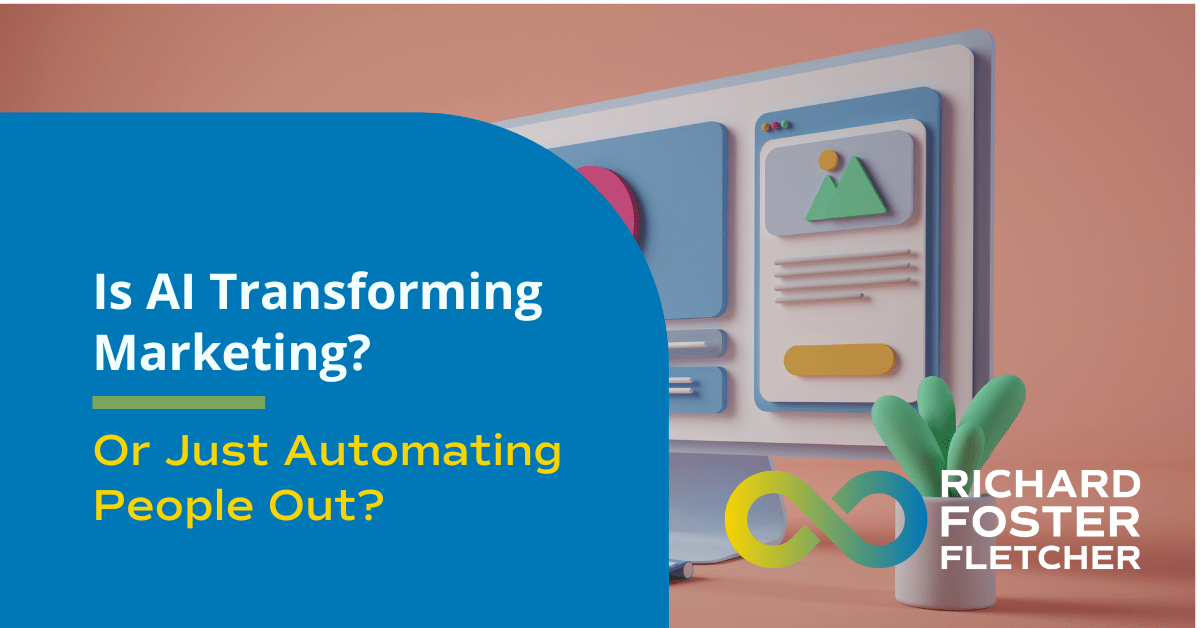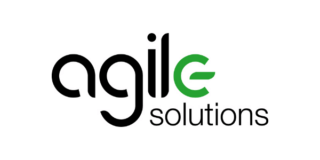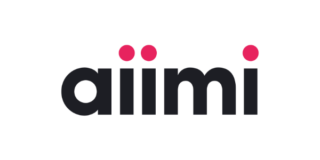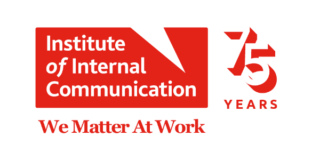
Is AI Transforming Marketing, or Just Automating People Out?

The growing use of AI tools in marketing is sparking a critical debate: are these systems genuinely enhancing strategies and delivering results, or are they merely a means of reducing headcount and cutting costs? With promises of efficiency gains and data-driven precision, AI tools like generative content platforms and predictive analytics are increasingly integrated into marketing workflows. However, the implications of this trend go far beyond automation. They raise profound questions about the future of creativity, the role of human marketers, and whether these tools are achieving the transformative impact they claim.
Efficiency at What Cost?
AI’s appeal lies in its ability to streamline processes. Companies can now use tools to automate everything from ad copy generation to consumer behaviour analysis, significantly reducing the time and resources needed for campaigns. For example, platforms like OpenAI’s GPT or Adobe’s Sensei are being used to create entire campaigns with minimal human input.
While these tools undeniably save time, the broader question is whether they are improving outcomes or simply offering a cheaper alternative. Some organisations report higher productivity and lower costs, but the true impact on customer engagement, brand differentiation, and long-term growth remains unclear. Are these AI-generated outputs truly resonating with audiences, or are they just flooding the market with more content at a faster pace?
What’s Lost When Humans Are Removed?
Marketing has always been about connection—understanding human desires and emotions, and crafting messages that inspire action. While AI excels at pattern recognition and optimisation, it lacks the nuanced understanding of context, culture, and the creative intuition that humans bring.
The danger lies in over-reliance. As AI tools take over routine tasks, organisations risk losing the human touch that makes campaigns memorable. For instance, customer segmentation performed by AI may identify trends, but it cannot interpret subtle cultural nuances or anticipate the emotional impact of a campaign. This gap could result in a homogenisation of marketing efforts, where brands become indistinguishable in their messages, prioritising efficiency over authenticity.
Redefining Roles or Reducing Them?
AI isn’t just changing workflows; it’s redefining roles. Many marketing teams are shrinking, with companies seeing AI as an opportunity to “do more with less.” Tools that once supplemented human work are now replacing it in some cases, and there’s a growing trend of job listings prioritising “prompt engineers” over traditional marketers.
However, this shift isn’t just about jobs—it’s about the strategic capabilities of organisations. Removing human marketers may save costs in the short term, but it could also strip companies of the expertise needed to build long-term brand equity. Without a skilled team to guide AI tools, even the most advanced systems risk producing generic, uninspired campaigns.
Staying in the Question
So, where does this leave us? AI presents an undeniable opportunity to change how marketing operates, but whether this change enhances or diminishes the field depends on how organisations choose to use these tools. Are we genuinely seeing innovation, or merely a more automated form of mediocrity? Does reducing costs necessarily equate to reducing creativity? And can brands afford to lose the distinctly human touch that makes their stories resonate?
For now, the answers remain uncertain. What’s clear is that the marketing sector is at a crossroads, and the choices being made today will shape its trajectory for years to come. Whether these choices lead to an era of enriched creativity or one of hollow automation is still very much an open question—and one that demands careful thought from all of us.
















